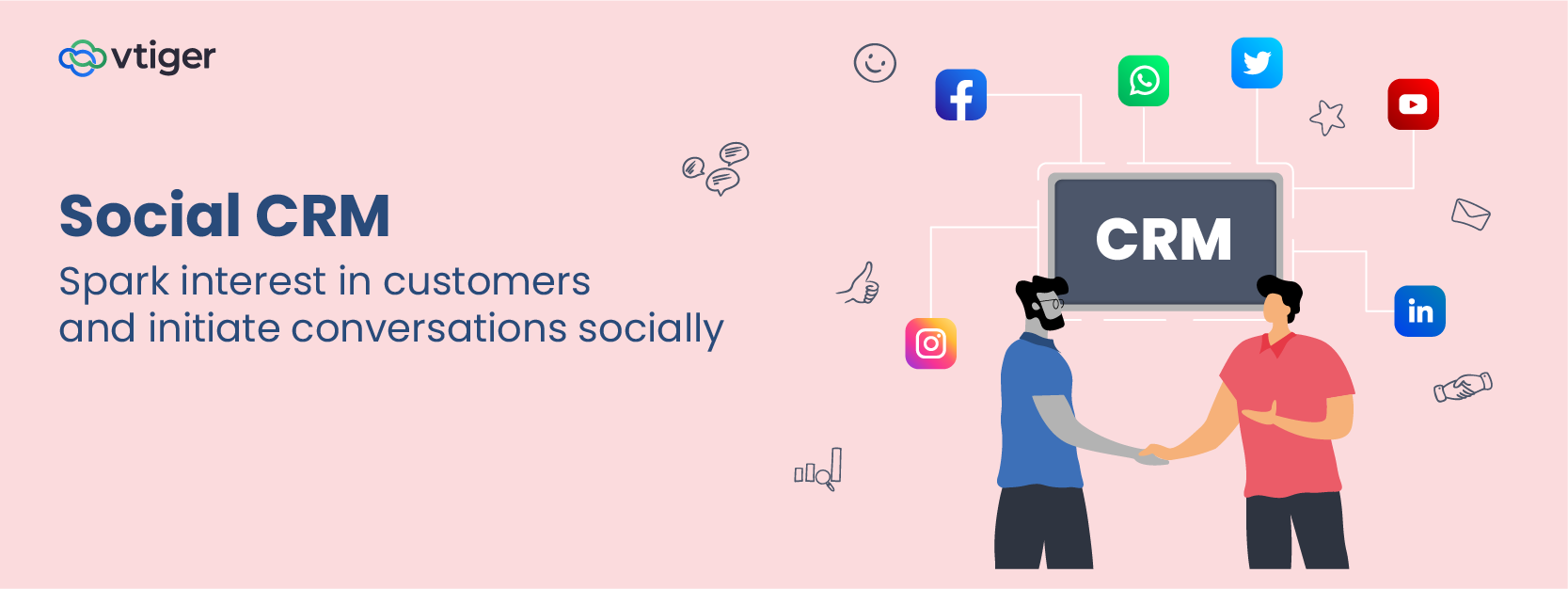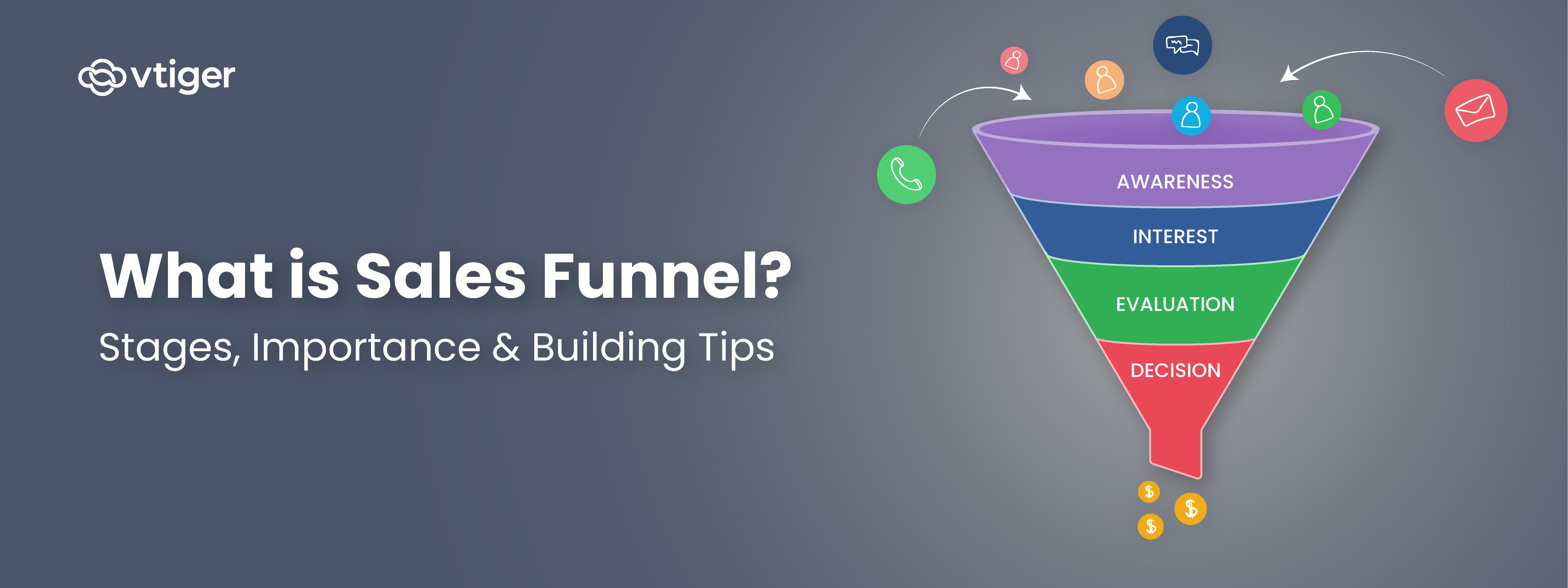Last year, we covered the Top 7 CRM Trends in our previous blog. Now is the time to anticipate the most exciting and noteworthy changes expected to occur in the CRM landscape in 2023.
Let us begin the blog by exploring the first trend: Social CRM.
Social media marketing is gaining momentum for all important business activities such as generating leads, engaging with customers, addressing their queries, etc.
So, don’t you think having a social CRM for your business can be the right choice to scale your operations?
Social CRM allows you to organize and manage all your social media activities in a single location. Posting content, responding to customer feedback or queries, generating insights on social media engagement, etc., are the highlights of a social CRM.
You will also be able to build an effective social media strategy if you have integrated social media into your CRM.
Hard to believe? Click here to learn more about it.
Now, you must be thinking about businesses using CRM software, and why there is a need to have a separate CRM for social media marketing. Let us look at it by making a comparison.
Traditional CRM vs. Social CRM
The motive of a traditional CRM is to record voluminous customer data and automate sales, marketing, and customer operations. It is mainly focused on customer management activities and transactions.
On the contrary, social CRM focuses on building and nurturing customer relationships. It mainly aids in increasing customer engagement through Facebook, LinkedIn, Instagram, etc.; boosting your brand’s social presence and attracting more visitors.
A social CRM allows you to:
- Identify marketing trends.
- Generate leads.
- Post social content or schedule it later by adding a date and time.
- Address real-time queries using comments or DMs and take appropriate actions.
- Build a personalized dashboard to track user engagement from likes, shares, and comments, the number of questions or complaints raised, average response rate, etc.
Benefits of social media and CRM combination
There are myriad benefits of having social media integrated with your CRM. They are as follows:
A Social CRM:
- Provides an omnichannel experience: It helps bring all customer interactions onto a single platform and provides a 360-degree view of the customer. When you are able to view all your customer data, it will be easy for you to segment customers, identify buying patterns, track feedback, etc.
- Empowers customer service: Social CRM is a relief for the support team to answer many customer queries. They can cut down long hours of phone calls and respond via comments or personal windows.
- Provides personalized customer experience: When you can segment customers seamlessly, it becomes easier to understand their unique demands and provide tailored services. This way, you can increase customer satisfaction and build loyalty in no time.
What to expect from a social CRM
Social CRM is a concept that has been introduced previously, as many CRM software has an in-built social module.
Check out Vtiger’s Social module.
However, in the future, you can expect to witness leading CRM software turning into a social CRM with advanced features. With robust tools, you can predict direct sales happening from social CRM and there will be a change in sales and support practices. Eventually, social media will play an integral role in a buyer’s journey right from the first point of contact.
For other CRM-related blogs, click here




